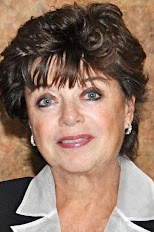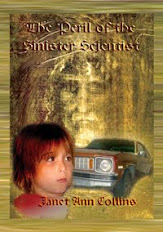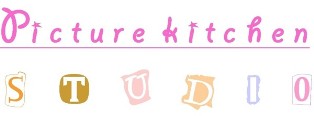By Nancy Carty Lepri
The tradition of tricks and pranks on April first has been around for hundreds of years, as noted by Alex Boese, curator of the Museum of Hoaxes in San Diego, CA. "People who love pranks really love the day and refuse to give up the tradition. They're the ones who keep it alive," Boese says, though April Fool’s Day pranks amongst family members and friends have decreased in recent years only to be replaced by media hoaxes.
The tradition of tricks and pranks on April first has been around for hundreds of years, as noted by Alex Boese, curator of the Museum of Hoaxes in San Diego, CA. "People who love pranks really love the day and refuse to give up the tradition. They're the ones who keep it alive," Boese says, though April Fool’s Day pranks amongst family members and friends have decreased in recent years only to be replaced by media hoaxes.
No one really knows how April Fool’s Day and the pranks that go along with it originated. It is thought that when France changed its calendar in the 1500s to have the year begin in January rather than early April as it had been in order to match the Roman Calendar, many people—especially those in rural areas did not grasp the change and these folks were termed “April fools”. But this theory has been proved groundless because the French celebrated the beginning of their year on Easter, therefore it could not be associated with April first. Boese disagrees with this interpretation believing April Fool’s Day came from the European spring festivals of renewal, where pranks and concealing ones identity was common.
Professor emeritus of American humor at Boston University, Joseph Boskin, interprets April Fool’s Day’s roots from the pranks originating with the Roman jesters during the third and fourth centuries of the reign of Constantine I, when they petitioned their ruler to let one of the elected officials become king for the day. When Constantine first gave over his empire on April first to his jester, Kugel, he decreed that day to forever be a day of absurdity.
Other thoughts of the origin of April Fool’s Day deal with the thought that pranks seemed to be related to the change of seasons and arrival of spring. Some believe it may have something to do with the Vernal Equinox, and still another supposition is that it commences with the Roman’s end-of-winter celebration, Hilaria, and the end of the Celtic new year festival.
Alex Boese states the day has also been used as an outlet for social inequalities needing to be confronted, using the example of street urchins playing tricks on London gentlemen in the 1800s.
In today’s world, fictional humor is giving way to factual absurdities for April Fool’s Day jokes. Most folks originally made up tales for April Fool’s day jokes, but now many are coming up with factual happenings which are absurd and unbelievable. But these happenings are proving that actual funny happenings are a more superior form of April Fool’s jokes because people can tell these absurdities and the listener believes them to be made up.
Jokes have also changed over the years. Where in previous times, sending an unsuspecting person on a pointless errand was considered the best practical joke, many new jokes now include forms of initiation into different groups. What seems most prevalent now though, are making funny or strange phone calls or media-driven extravaganzas.
cited by National Geographic News and Snopes.com










































1 comment:
Great article, Nancy. Thanks for sharing all about April Fools' Day.
Cheryl
Post a Comment